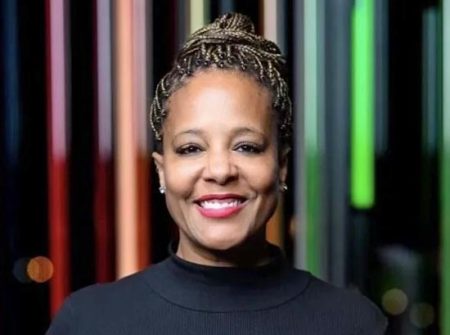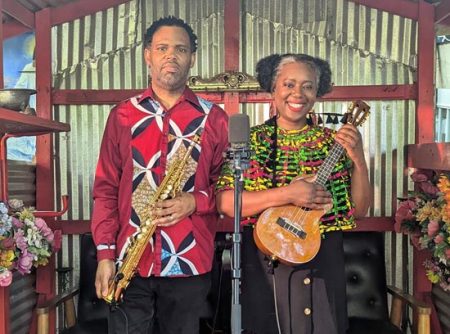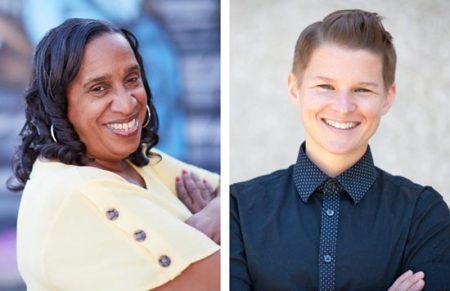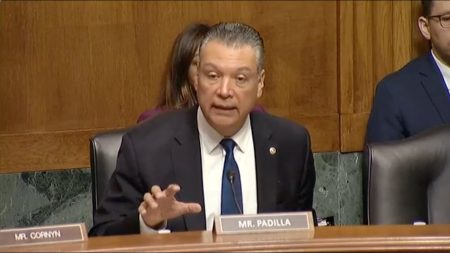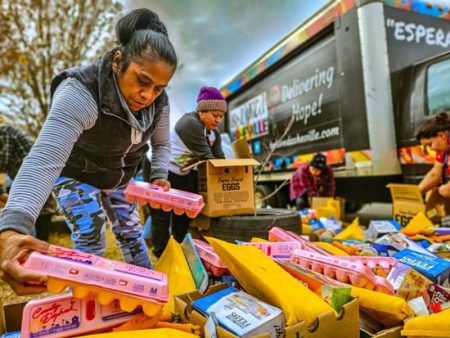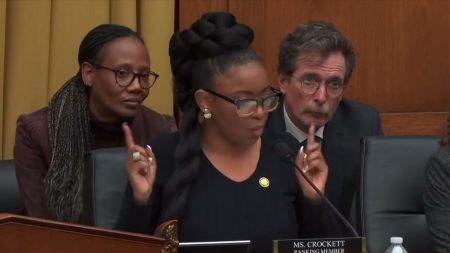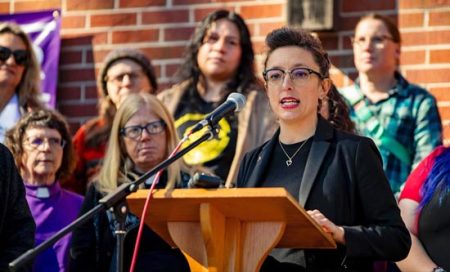Priscilla N. Robinson Receives Preservation Grant Award
“At its best, preservation engages the past in a conversation with the present over a mutual concern for the future.”
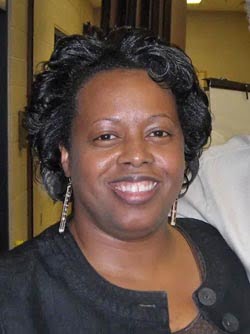
Fourteen years ago, Priscilla Ndiaye Robinson embarked on a mission to study the effect of urban renewal on Asheville’s African American community.
What she discovered through the mass 428-acre uprooting was that Asheville’s African American community experienced a “root shock.”
During the urban renewal implementation, an intentional mass uprooting of close-knit families, communities, business, homeowners took place, leading to a huge loss of generational wealth. That diaspora also led to a community’s silence, held within deep wounds that replaced the fabric of those red-lined communities.
“After discovering this history and referencing Asheville’s Urban Renewal from files stored away in boxes at UNC Asheville Special Collection, I acquired a yearning to learn more,” said Robinson. Along the way, I had people assist me in sharing and preserving Asheville’s Black history.
“Most recently,” she elaborated, “I received a community grant through the Preservation Society of Asheville and Buncombe County which allowed me to place much of the acquired information into a website, www.urbanrenewalimpact.org. This website also allows other community members to upload history. It is important for people to know history.”
Robinson points out how important it is specifically to know Black history, because the public schools, here and across the country, fall short. And in fact, some states are trying to prohibit its being taught at all.
“When the Preservation Society asked why I support preservation, I shared a quote from William J. Murtagh, the first Keeper of the National Register for Historic Places: ‘At its best, preservation engages the past in a conversation with the present over a mutual concern for the future.’”

